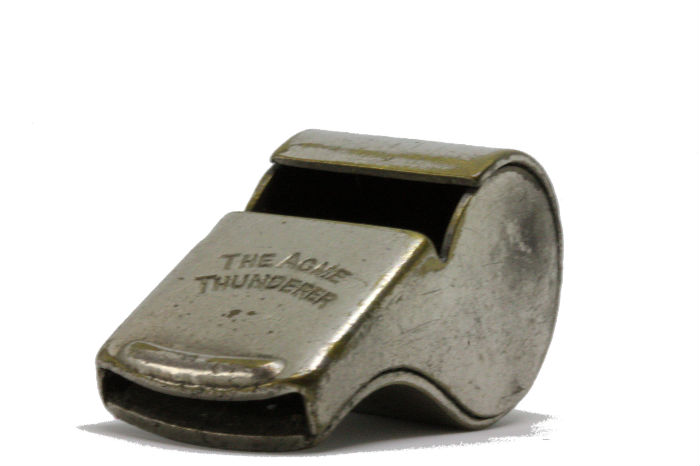In the case of Ibrahaim v HCA international Ltd, the Employment Appeal Tribunal has held that an employee’s complaint about damage to his reputation was capable of being a qualifying disclosure for whistleblowing claim purposes. However, as the claimant did not reasonably believe that the disclosure was in the public interest, the disclosure was not protected and his whistleblowing claim failed.
Facts
Mr Ibrahim worked as an interpreter for HCA International Ltd in a private hospital. He discovered that he was the subject of rumours circulating amongst colleagues, patients and their family members that he had disclosed patients’ confidential information. He asked a senior manager to investigate this further and followed this request with an email stating that he wished to ‘clear his name’.
The senior manager referred the matter to HCA’s HR team. Shortly afterwards, an HR Officer met with Mr Ibrahim. Mr Ibrahim repeated that he needed to ‘clear his name’ and restore his reputation. His complaint was investigated and rejected.
Upon later being dismissed, Mr Ibrahim brought tribunal claims against HCA, including a whistleblowing claim, submitting that he had made a protected disclosure and following this, that he had suffered a detriment.
Legal background and Tribunal decision
In order to succeed in a whistleblowing claim, a claimant needs to establish two key points:
- A Qualifying Disclosure: A disclosure of information which, in the reasonable belief of the claimant, tends to show one or more of six specified types of malpractice (one being breach of any legal obligation).
- Public Interest: The Claimant has a reasonable belief that the disclosure was in the public interest.
The employment tribunal held that Mr Ibrahim’s complaint did not amount to a disclosure of information tending to show that someone had failed to comply with a legal obligation and therefore it was not a qualifying disclosure. Secondly, it held that Mr Ibrahim did not have a reasonable belief that the information which he disclosed was in the public interest. Accordingly, Mr Ibrahim’s claims were dismissed. Mr Ibrahim appealed.
Employment Appeal Tribunal decision
The Employment Appeal Tribunal (EAT) dismissed Mr Ibrahim’s appeal.
The EAT found that the legal obligation referred to in the Employment Rights Act 1996 could include tortious duties and therefore the information Mr Ibrahim had disclosed was protected since it demonstrated a breach of the duty not to commit defamation.
However, the EAT upheld the tribunal’s finding that the public interest element of his claim was absent, as he was seeking to protect his personal interest rather than any public interest. His appeal therefore failed.
Comment
The EAT’s decision indicates how widely the whistleblowing legislation can be interpreted. The concept of a qualifying disclosure can extend as far as an allegation that someone had damaged the employee’s reputation.
However, this decision also highlights that a claimant’s claim will fail if the qualifying disclosure was not in the public interest and was purely to protect the claimant’s personal interests, as was the case here.

 Kerry Garcia
Kerry Garcia